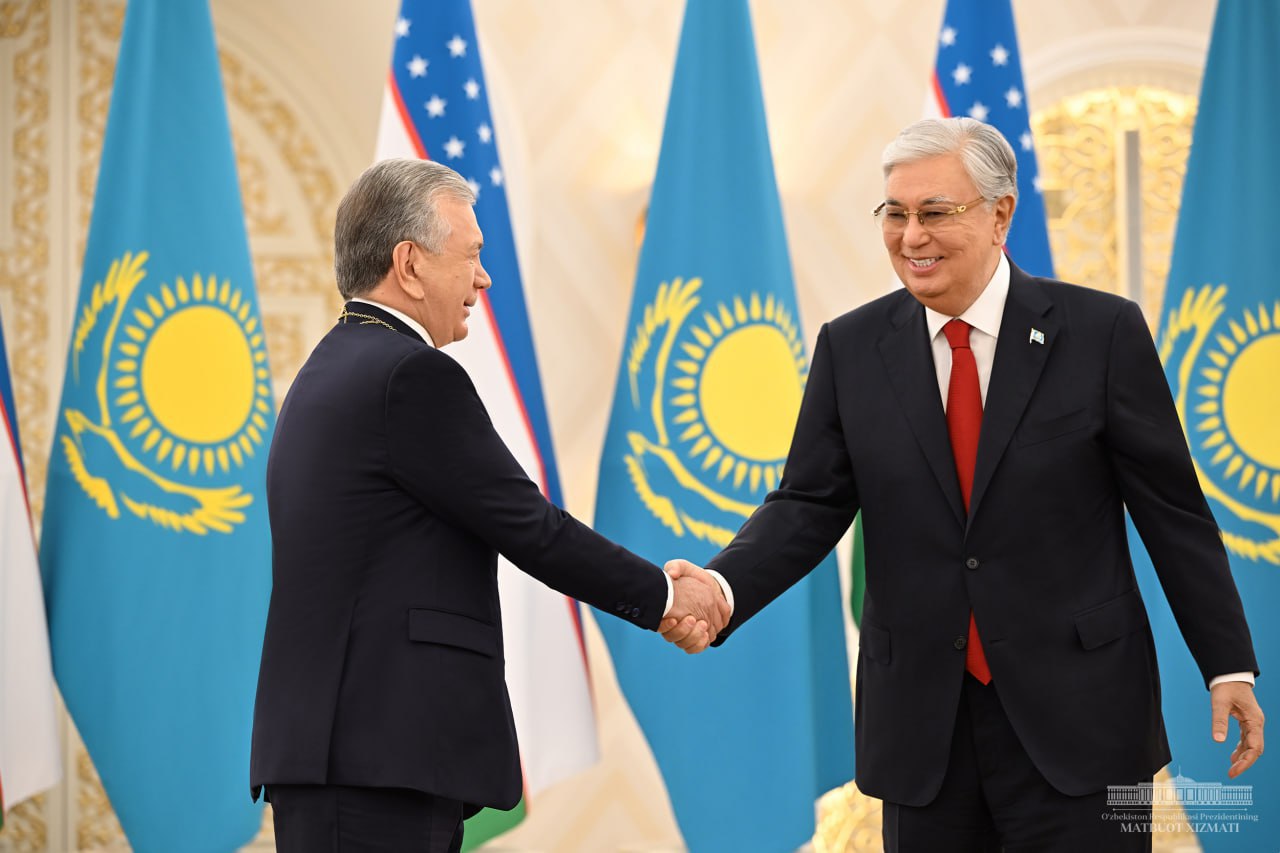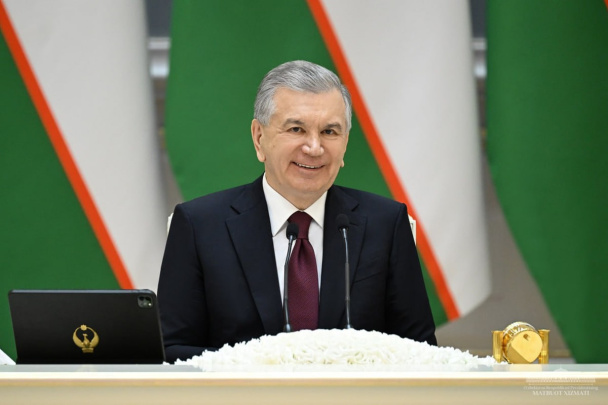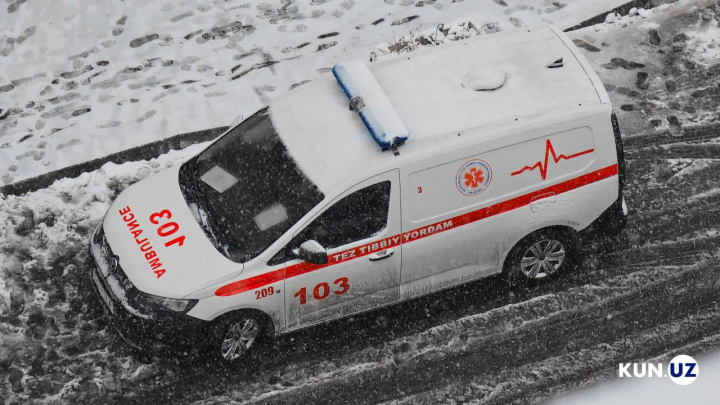In an interview with Kun.uz, the Press Secretary of the President of Uzbekistan, Sherzod Asadov, discussed the significance and outcomes of Shavkat Mirziyoyev's state visit to Kazakhstan.
"It must be acknowledged that there have been different periods in the history of our relations. There were ups and downs, but today our relations have reached their highest point. This is primarily due to the strong political will of our President, Shavkat Mirziyoyev, and the President of Kazakhstan, Kassym-Jomart Kemelovich Tokayev.
The leaders of our states, deeply understanding how friendly and brotherly our peoples are to each other, have brought a new spirit and new meaning to the cooperation between our countries," he said.
"The Presidents of Uzbekistan and Kazakhstan are now planning not for a year or two, but for decades. For example, a program for the development of strategic partnership and alliance until 2034 is being adopted. Additionally, the government has been firmly instructed to increase our trade turnover to $10 billion. During the visit, business circles reached agreements worth $7 billion," the press secretary reported.
Asadov noted that the leaders' aspiration to deepen cooperation extends to the entire region.
"During our visit to Almaty and Chirchik, branches of universities from both countries were opened. A monument to the great poet and thinker Alisher Navoi was erected in the center of Astana. As is known, a monument to Abai Kunanbayev, the great son of the Kazakh people, was installed in Tashkent. Today's unveiling of the monument to Alisher Navoi is a testament to the closeness of our peoples.
This is an example of the unity and solidarity that the presidents are trying to promote throughout the region, creating a Central Asian identity. The main goal of the presidents is the strengthening and consolidation of Central Asia, further deepening integration and cooperation in the region," said Sherzod Asadov.
He added that the parties also agreed on the opening of business centers "Astana" in Tashkent and "Tashkent" in Astana.






